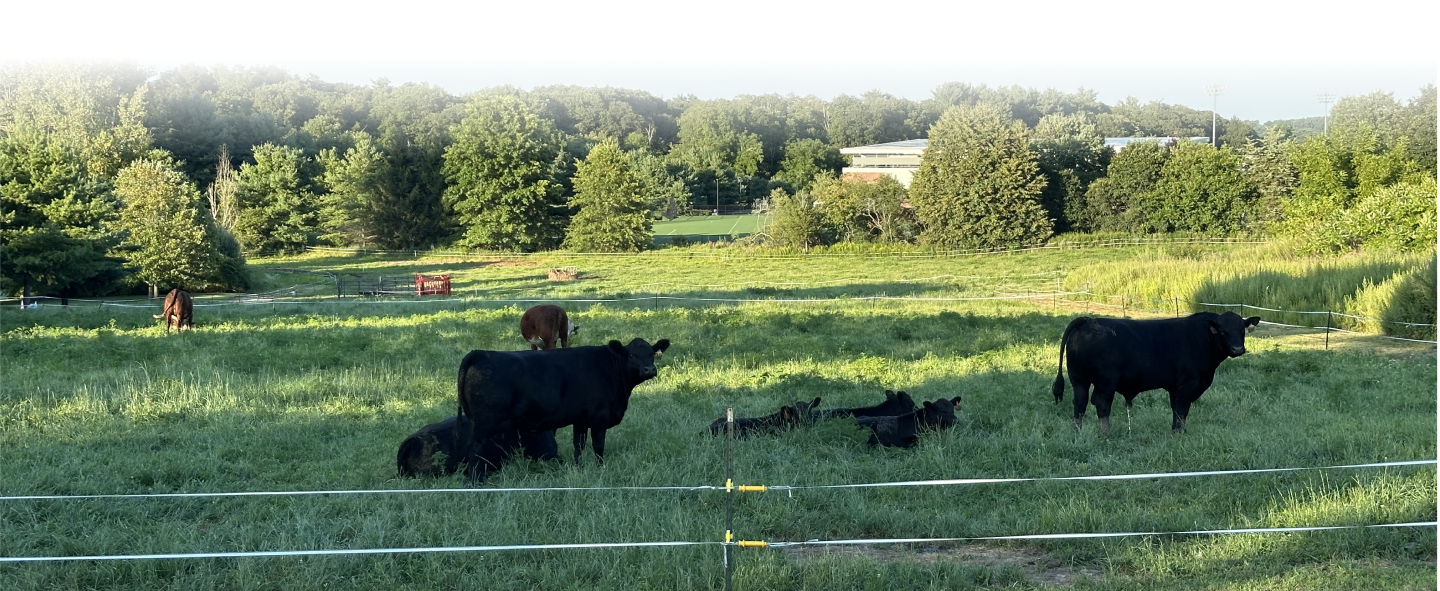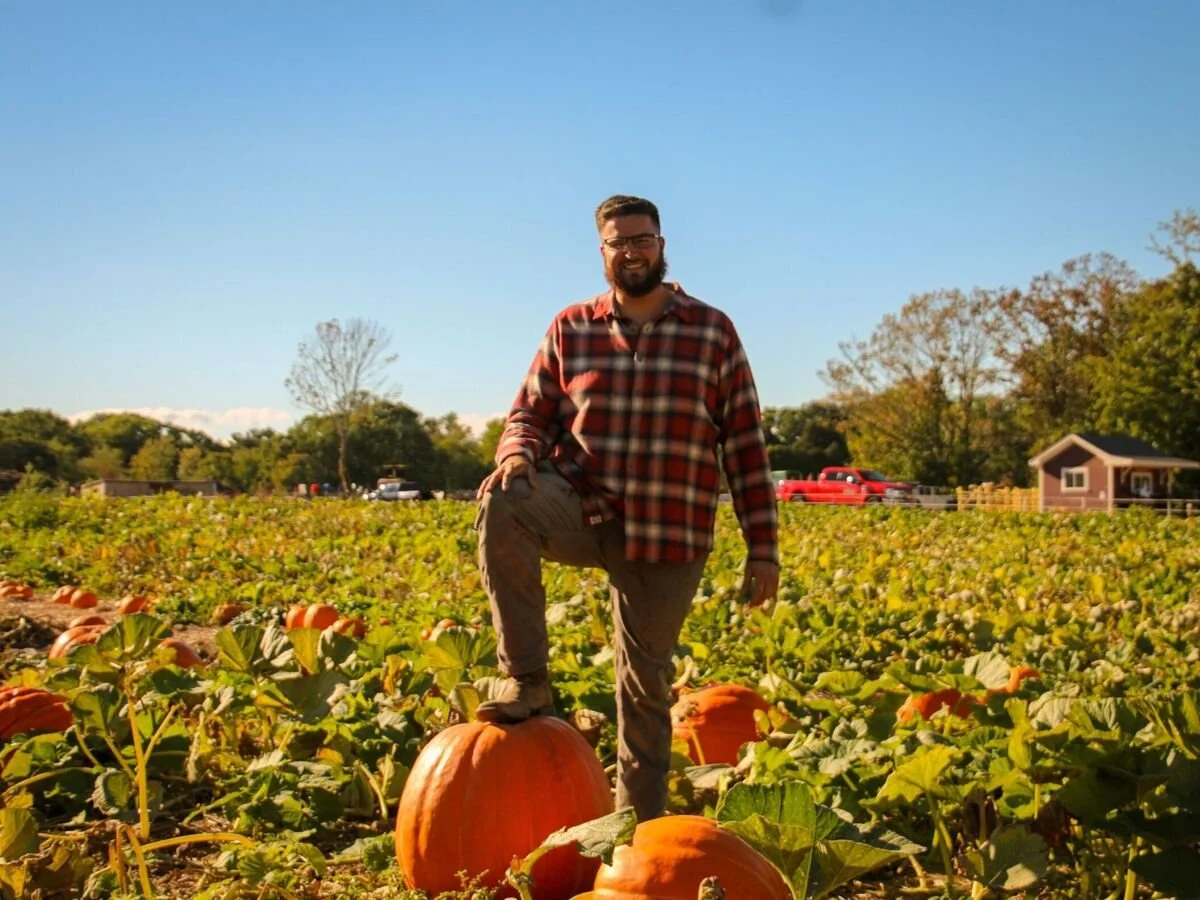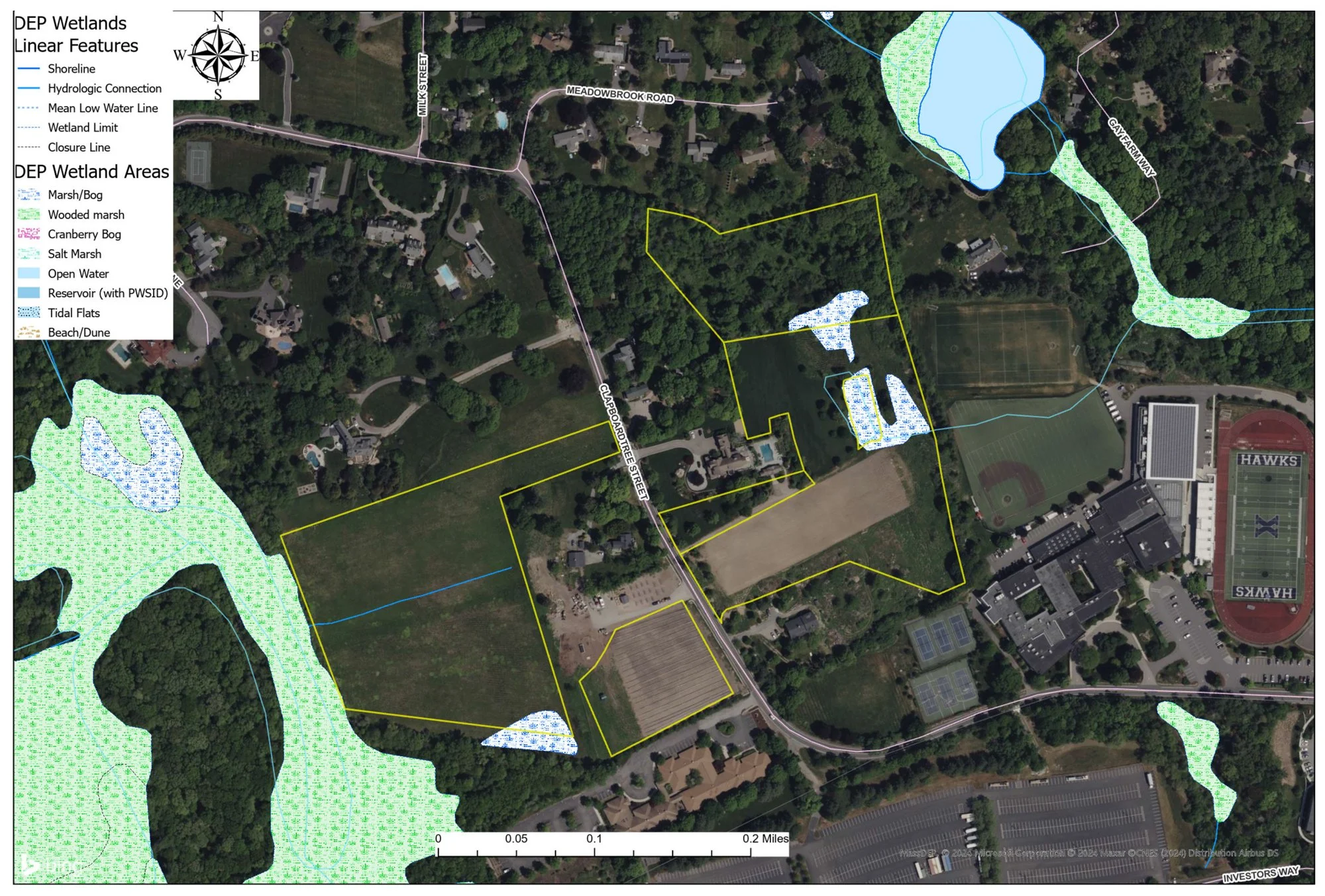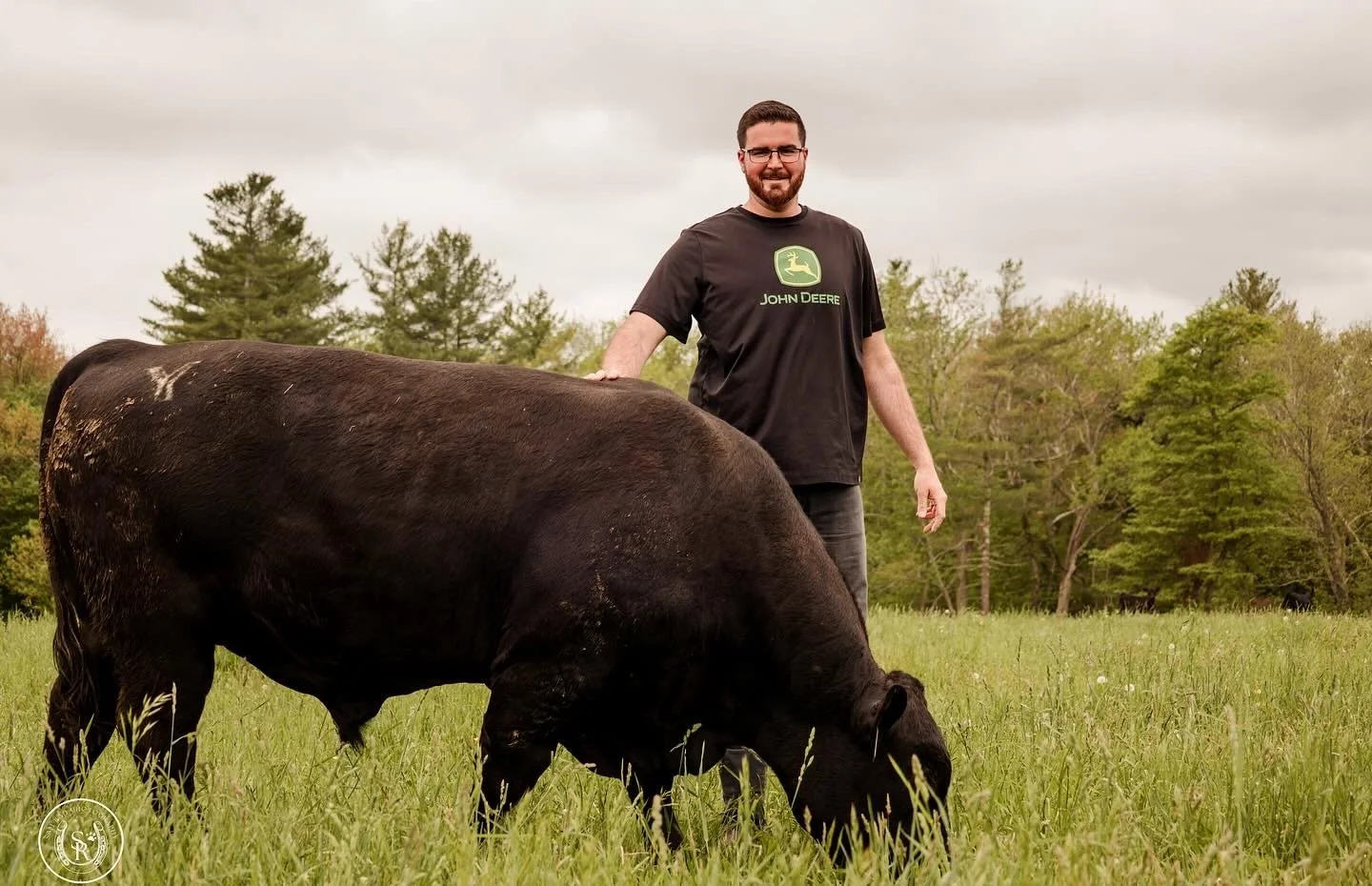Save the Bean Family Farm!
In the News
Stay up to date on local coverage and community support for the effort to preserve Westwood’s last working family farm.
Westwood Minute
“Clapboardtree Meadow” — Westwood Minute, January 2026
Read the full story →Westwood Minute
“Response to Kevin Becker’s Post” — Westwood Minute, January 2026
Read the full story →Westwood Minute
“Letter Supporting Bean Farm” — Westwood Minute, December 20, 2025
Read the full story →Westwood Select Board Update
Town of Westwood Select Board Update — December 18, 2025
Read the full update →Westwood Select Board Update
Town of Westwood Select Board Update — December 9, 2025
Read the full update →
Boston 25 News
Westwood’s last farm seeks expansion to stay afloat, meets opposition from land trust, December 09, 2025
Read the full article →The Boston Globe
“Saving the Last Farm in Westwood” — The Boston Globe, December 2, 2025
Read the full article →“Clapboardtree Street Abutter Supporting Bean Farm” — Westwood Minute, November 7, 2025
Read the full story →“Preserving Westwood’s Last Working Farm” — Westwood Minute, November 6, 2025
Read the full story →
Why This Matters
The Bean Family has been farming in New England for 14 generations and in Westwood since the 1950s. Today, the Bean Farm on Clapboardtree Street is the last working farm in Westwood.
The farm provides:
Fresh, local fruits, vegetables, pumpkins, Christmas trees, and livestock products.
Open space and scenic views along Clapboardtree Street.
A connection to Westwood’s history and rural character.
But rising costs and limited farmland put the Bean Farm at risk. Without more land, the farm cannot continue — and if it closes, the land will be lost to development.
FAQs
-
No. The Conservation Restriction (CR) for Clapboardtree Meadow (formerly Prout Farm) explicitly lists agriculture as a permissible use. The purpose was always to conserve farmland, scenic views, and open space — not to forbid farming.
-
The Town of Westwood owns Clapboardtree Meadow (formerly Prout Farm) . The Westwood Land Trust holds a CR over it but cannot “unreasonably withhold” approval for farming.
-
The Bean Farm currently has about 10 farmable acres, which is not enough to sustain operations. Expanding into the 8-acre Clapboardtree Meadow (formerly Prout Farm) field is critical to remain viable.
-
The Bean Farm’s Agricultural Use Plan outlines regenerative practices: crop rotation, cover cropping, reduced tillage, pollinator habitats, and strict conservation standards. These methods improve soil, water, and biodiversity.
-
If the Bean Farm shuts down, the property will likely be developed, removing farmland and open space forever. This would permanently alter Westwood’s rural landscape.
-
By contacting the Westwood Land Trust and Select Board, spreading awareness, and showing support for responsible agriculture on conserved land.
Farm & Legal Documents
Want to dive deeper? Here are the original documents that explain the history, legal background, and our plan for sustainable farming:
We encourage everyone to be informed. The more you learn, the more you’ll see why saving the Bean Farm matters to Westwood’s future.
Community Questions Answered
Since we launched the Save The Bean Farm website, we have received several questions from Westwood residents. Chris Bean, who operates the farm, provided the following responses.
-
As a practical matter, ours is the only viable bid. It would be extremely difficult for another bidder to turn the meadow into a working farm. The meadow is landlocked, and their access to the land would be through The Bean Farm or over a residential neighbor’s lawn.
If we don’t win the bid, plan B is to close down the farm on Clapboardtree Street and move, if possible, to another location and community that supports local agriculture and has adequate acreage to develop a sustainable farm. The current Bean Farm would be sold and, in all likelihood, developed for maximum value.
-
I have plans to build a new post-and-beam farm stand. It will be a beacon in town, providing fresh, locally grown and raised agricultural products, as well as the opportunity for Westwood residents and those from surrounding communities to explore a working farm seasonally. These plans are detailed in my Agricultural Use Plan submitted to the Land Trust and the Town. You can read the plan here.
-
The conservation restriction (CR) on this land clearly delineates agricultural uses as a permissible activity. I don’t believe the other CRs in town have the same language — it’s unique to this land — so I don’t see that being an issue for other conserved parcels.
-
The land in question is immediately contiguous to my current farm and offers the path of least resistance with regard to transporting farm equipment, labor, and the bountiful harvest. The only other potential field that I am aware of in town within close proximity is one that my grandfather used to farm on Gay Street. However, the current owner, Duncan McFarland, denied our request to farm the plot. Even if he did give us permission, the cost of farming and labor these days is very high, and for a small local farm to be forced to transport equipment and labor to other locations would be time- and cost-prohibitive.
-
I don’t see any risk for the town — only upside — in helping to keep the sole working farm in Westwood. I would only move forward if the lease were for a long period of time. There’s a tremendous amount of work that needs to be done to prepare the land for agriculture and horticulture, including proper irrigation and remediating the acidic soil in its current state.
It could also take a few years to determine the most successful crops for the land, as well as rotating different crops in conjunction with rotating livestock on buffer strips. Turning the field back into a meadow is much easier than the Land Trust portrays. It would involve planting a mix of native grasses, a small amount of legumes to provide forage and feed the soil, and a blend of wildflowers.
This land used to be part of a large cattle farm and was converted to a hayfield and meadow over time with no human involvement, other than my family being hired to mow the field once a year in the fall. There would be a small expense, and it would take time to convert the land back to a meadow. But if I am allowed to farm the land alongside The Bean Farm, my goal would be to build a sustainable farm operation that could be handed down to the next generation.
The Land Dispute
Directly behind the Bean Farm is an 8-acre open field known as Clapboardtree Meadow (formerly Prout Farm) . The Town of Westwood owns this land, and it is protected by a Conservation Restriction (CR) overseen by the Westwood Land Trust.
Here’s the truth:
The Bean Farm has tried to amicably work with the Westwood Land Trust since 2016 and the owner of the land, the Town of Westwood since 2023, to no avail.
The CR explicitly allows agriculture as a permitted use — including planting, plowing, and even a farmstand.
The Town of Westwood supports using this land for farming
The Westwood Land Trust, however, has categorically refused to allow any farming, ignoring the CR’s language and purpose.
Because of this, the Town was forced to file a lawsuit to affirm its right to allow farming on the property.
This fight isn’t just about the Bean Farm — it’s about preserving farmland, open space, and food security for our entire community.
Issues To Consider
Despite clear language in the Conservation Restriction that allows an exception for agricultural uses, the Westwood Land Trust has never adequately explained why it will not grant permission for the Town’s proposal to use a portion of the field for agricultural activity, even though the owner of the land as represented by the Westwood Select Board and the Westwood Conservation Commission have unanimously approved this agricultural use.
The Westwood Land Trust’s rejection of the Town’s proposal was allegedly based in part by review from an outside consulting group. But the Land Trust has refused to release the report, provide any details about its findings or even a summary of what the report says.
The Bean Farm has already gathered 1,000 signatures (and growing) in support of the proposal to allow agricultural activity on 8 acres (the field portion) of the 26 acre parcel next to the farm. Yet the Land Trust steadfastly refuses to discuss the Town’s proposal or consider how it would benefit the community.
Chris’ grandfather, Charlie Bean, founded the Clapboardtree Preservation Society back in the late 1990s when the previous owner, Robert Prout, was considering developing the land, then known as Prout Farm. Chris' grandfather sought to raise funding to stop a planned condominium complex and personally reached out to all the neighbors, ultimately enlisting Duncan McFarland, who bought the land out from under the developer and subsequently transferred ownership of the land to the Town of Westwood. When McFarland’s attorney drafted the Conservation Restriction, Chris’ grandfather provided input that led to including language allowing the agricultural use. The Westwood Land Trust was then created to oversee the Conservation Restriction.
The Land Trust continues to ignore the permissible agricultural uses. Nor has the Land Trust appeared to consider the ramifications for the town if The Bean Farm cannot expand, leaving the land vulnerable to development, which would have negative consequences for the meadow, including dramatically inhibiting the views of the meadow and changing the rural scenic vistas of the farmland on Clapboardtree Street.
Bean Family Farmland
PRIME FARMLAND
The land in question, has been designated by the USDA - NRCS as prime agricultural soils conducive to farming
WETLANDS MAP
Shown here, wetlands only found on the outskirts of the field, proper buffers would be in place to protect these important habitats
Proposed Acreage Map
PROPOSED ACREAGE MAP
The land in question, “Clapboardtree Meadows” shown in yellow, wrapping around/abutting Bean Farm land
Meet The Farmer,
Chris Bean
Farmer, Conservationist, and 14th Generation Agriculturist
Christopher Bean is the owner and operator of the Bean Family Farm in Westwood, MA, and the 14th generation of his family to farm in New England. A graduate of Cornell University’s College of Agriculture and Life Sciences, Chris earned his degree in Agricultural Sciences with a concentration in crop production and management.
Chris grew up working the fields with his grandfather and has led the farm since 2010, expanding its crops, improving soil health, and making the farm a trusted source of fresh, locally grown food. Under his leadership, the Bean Family Farm has become known not only for nourishing the community but also for its commitment to sustainable, regenerative practices.
As both a farmer and a conservationist, Chris works to protect farmland, wildlife habitats, and Westwood’s rural character. He serves on the board of directors of the Norfolk County Farm Bureau and is often consulted by farmers across Massachusetts for his expertise in modern farming methods and farmland preservation.
Proud to carry on a tradition dating back to 1652, Chris is dedicated to growing healthy food, being a responsible steward of the land, and ensuring that farming remains a vital part of Westwood’s future.
Bean Family Farm has been featured in local publications. See our stories.
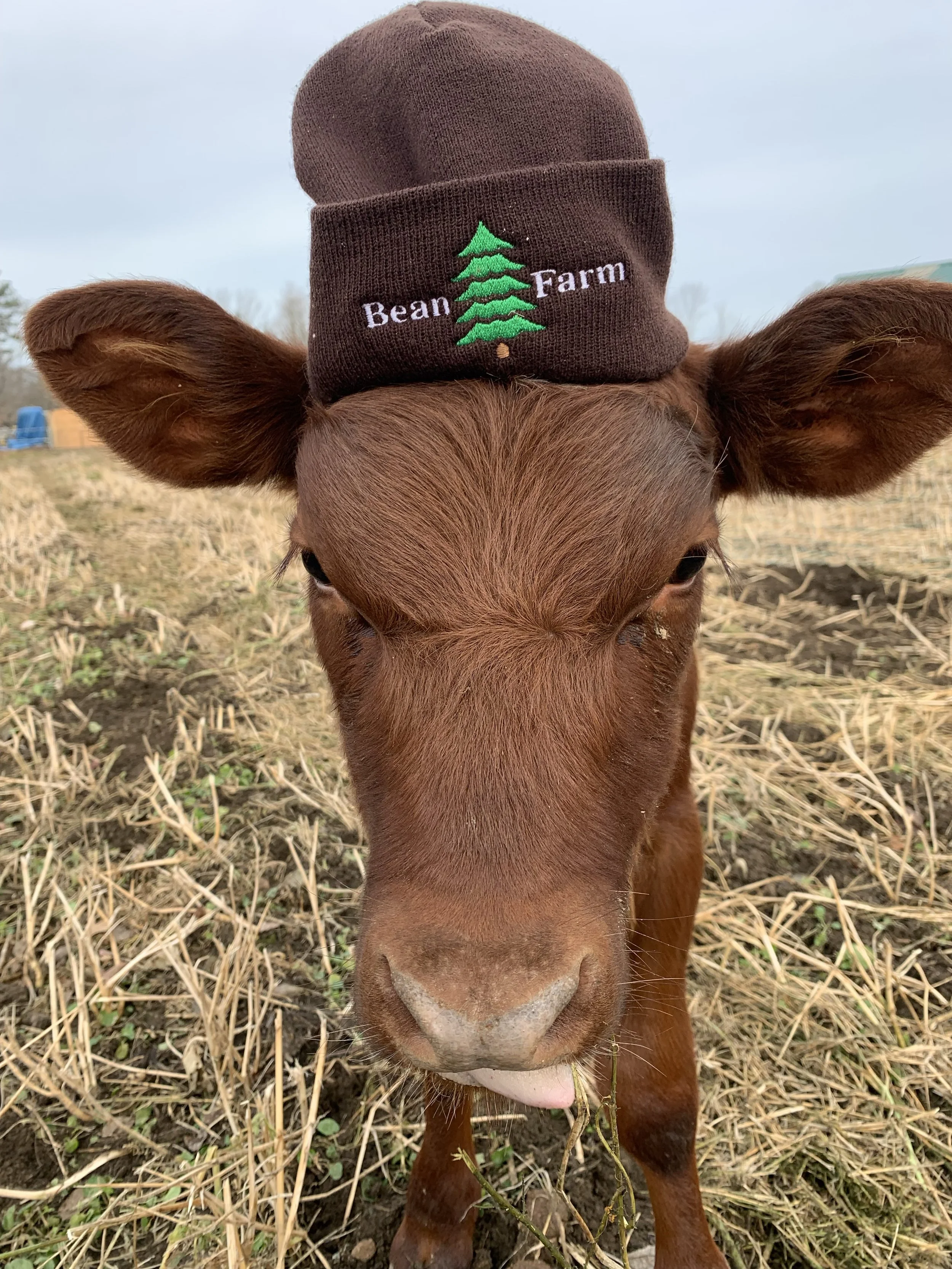
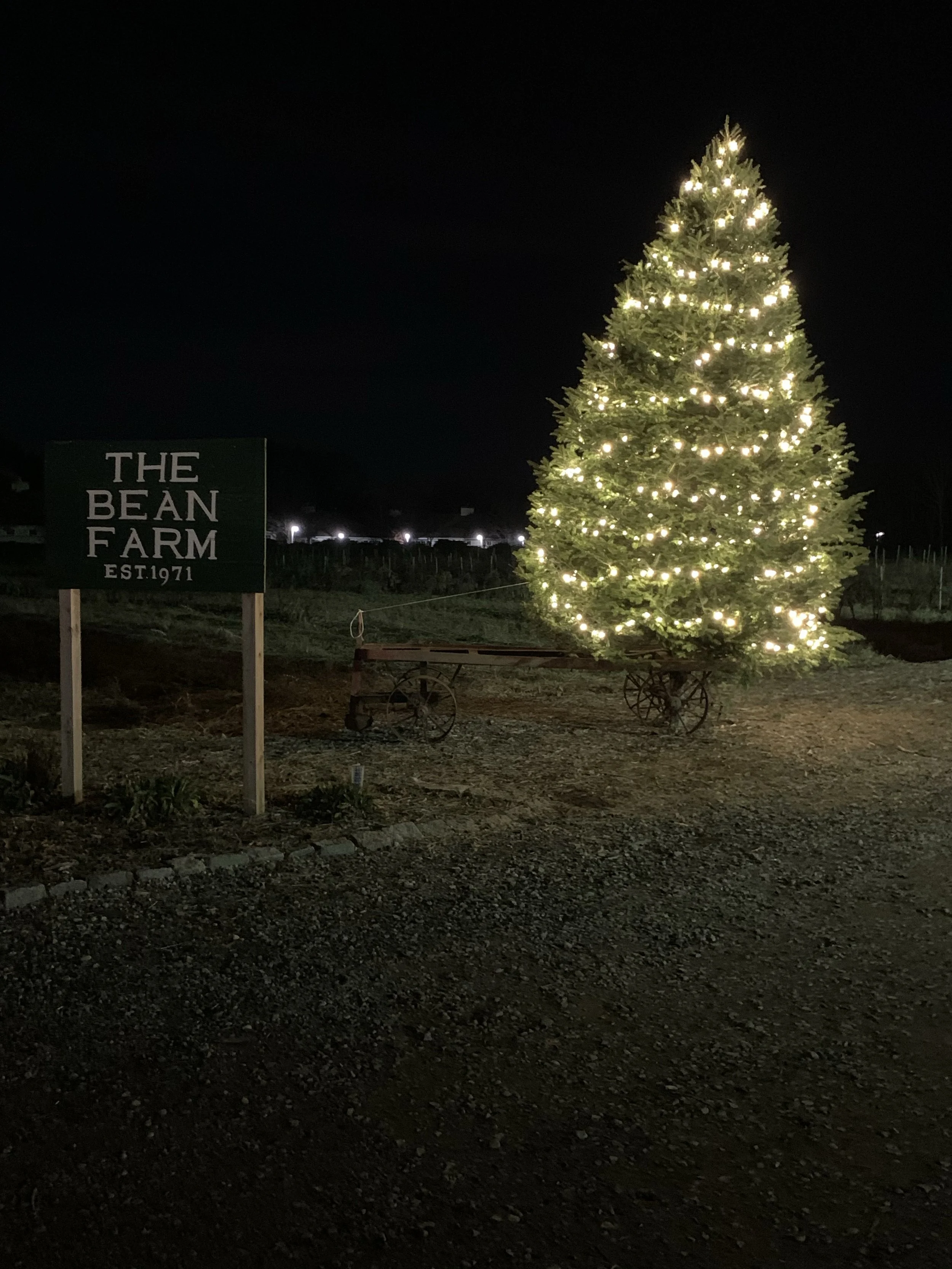




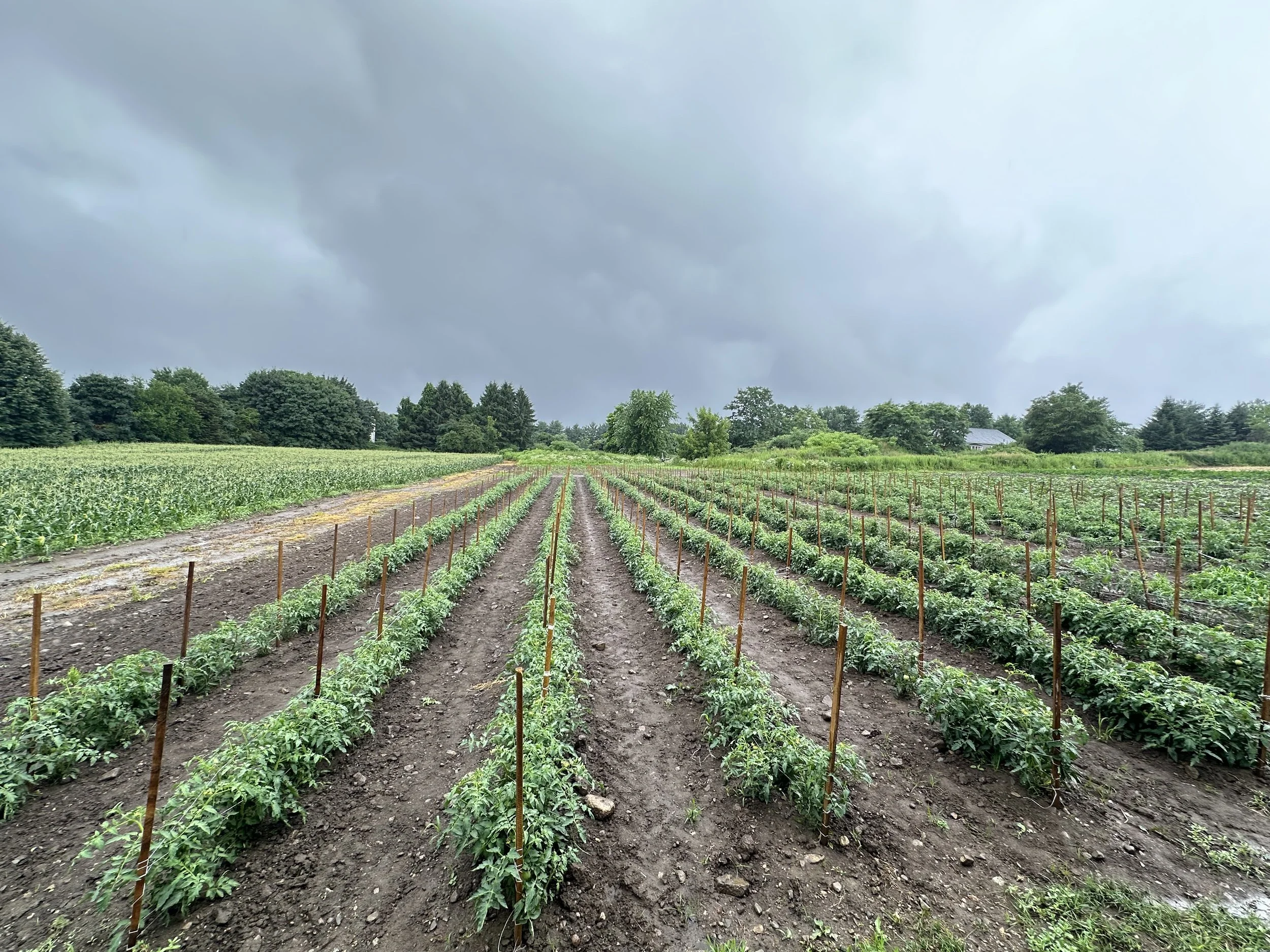

How Farming Benefits Conservation
Contrary to what some may believe, responsible farming is active conservation of our precious open lands. With regenerative methods, farming enhances the environment:
Biodiversity: Crop diversity, buffer strips, pollinator plantings, and cover crops create habitat for birds, pollinators, and wildlife.
Soil Health: Farming will restore the field’s degraded, acidic soil into healthy, productive soil that sustains ecosystems and flora life.
Open Space Preservation: Active farming prevents invasive species, keeps scenic fields open and productive to benefit our community, and protects against development.
Climate Resilience: Regenerative agriculture improves water retention, carbon storage, and resilience against drought and storms.
Without farming, the field will continue to remain neglected and unproductive. With farming, it will thrive as a managed, biodiverse, and beautiful part of Westwood.
Community Benefits
Allowing the Bean Farm to expand means:
Access to local food for Westwood and surrounding community residents.
Continued stewardship of farmland and wildlife habitat.
Protection of rural character and scenic views along Clapboardtree Street.
Preventing development that would erase farmland forever.



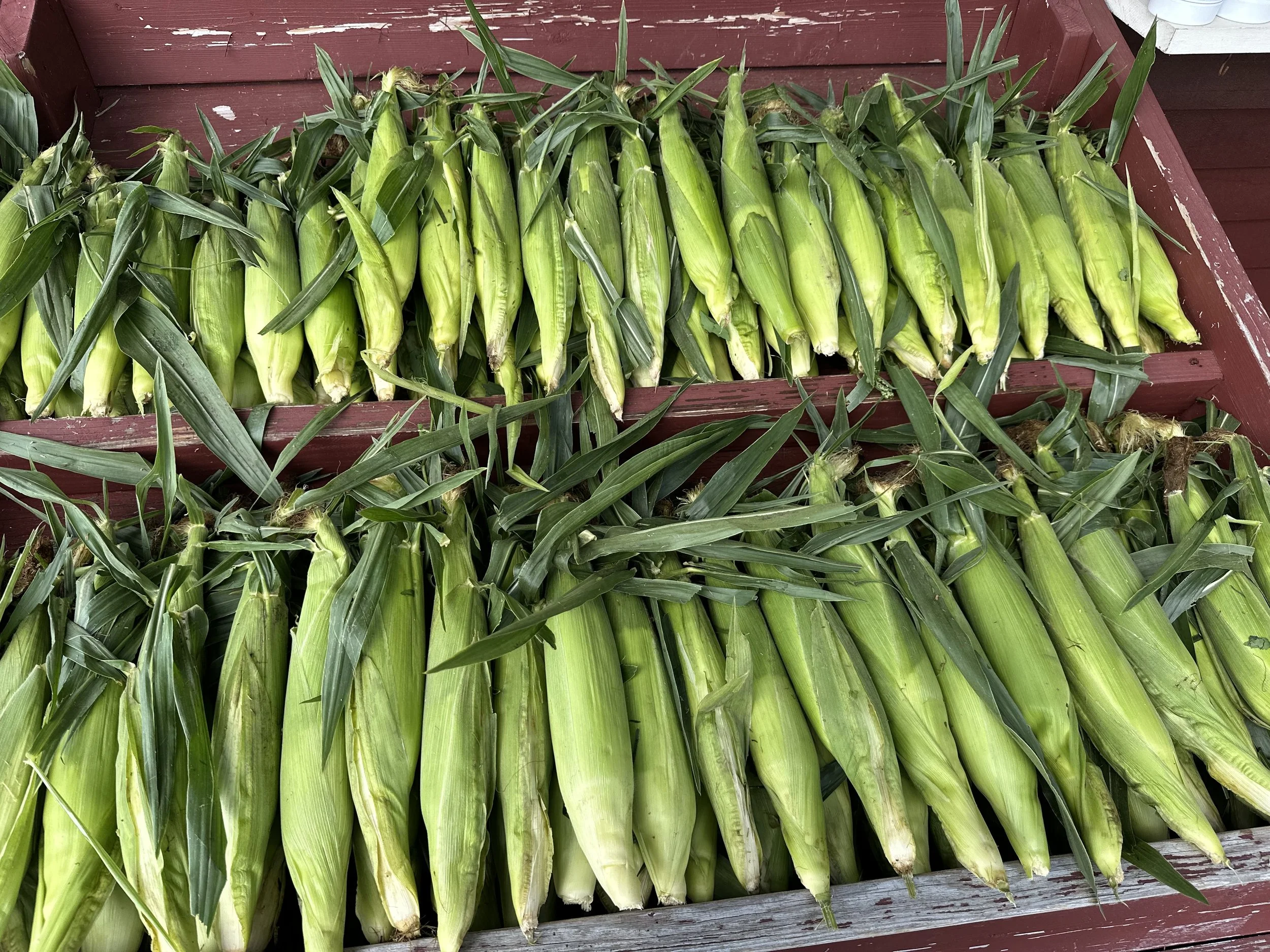
How You Can Help
The future of the Bean Farm depends on community support.
Contact the Westwood Land Trust and urge them to allow farming on the Clapboardtree Meadow (formerly Prout Farm) land: Contact Link.
Email the Westwood Select Board at selectboard@townhall.westwood.ma.us to voice your support.
Spread the word on social media and with your neighbors: share why saving the farm matters to you.
Together, we can ensure that the Bean Farm remains Westwood’s last farm — not Westwood’s next development site.
Save The Bean Family Farm – Save Westwood’s Future
The future of Westwood’s last farm depends on community voices. By speaking up, you can help ensure the Bean Family Farm continues to provide fresh local food, preserve open space, and protect the town’s rural character.


